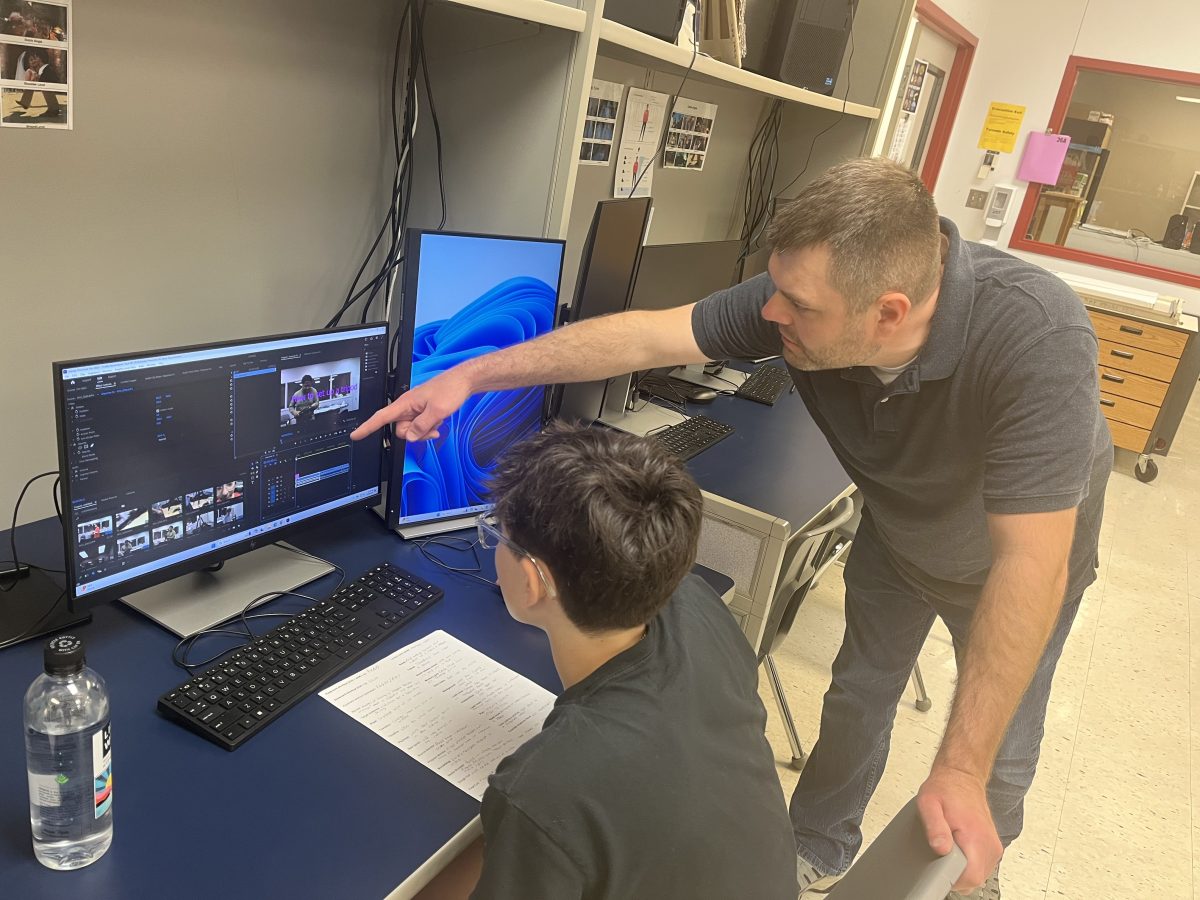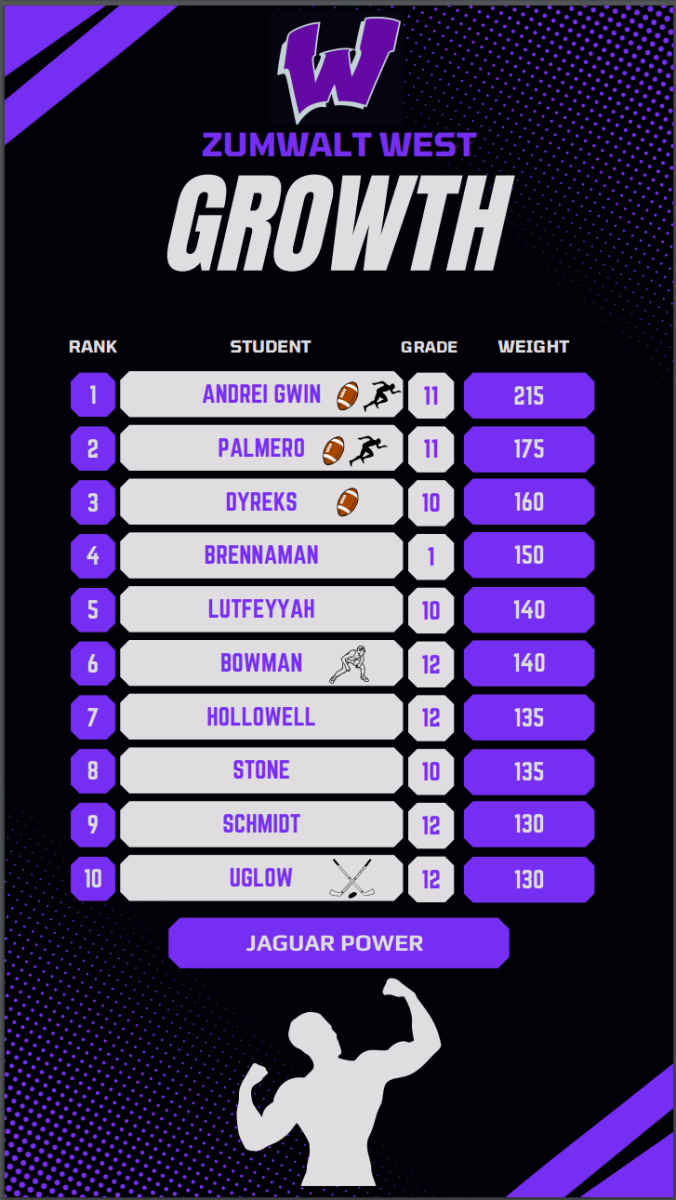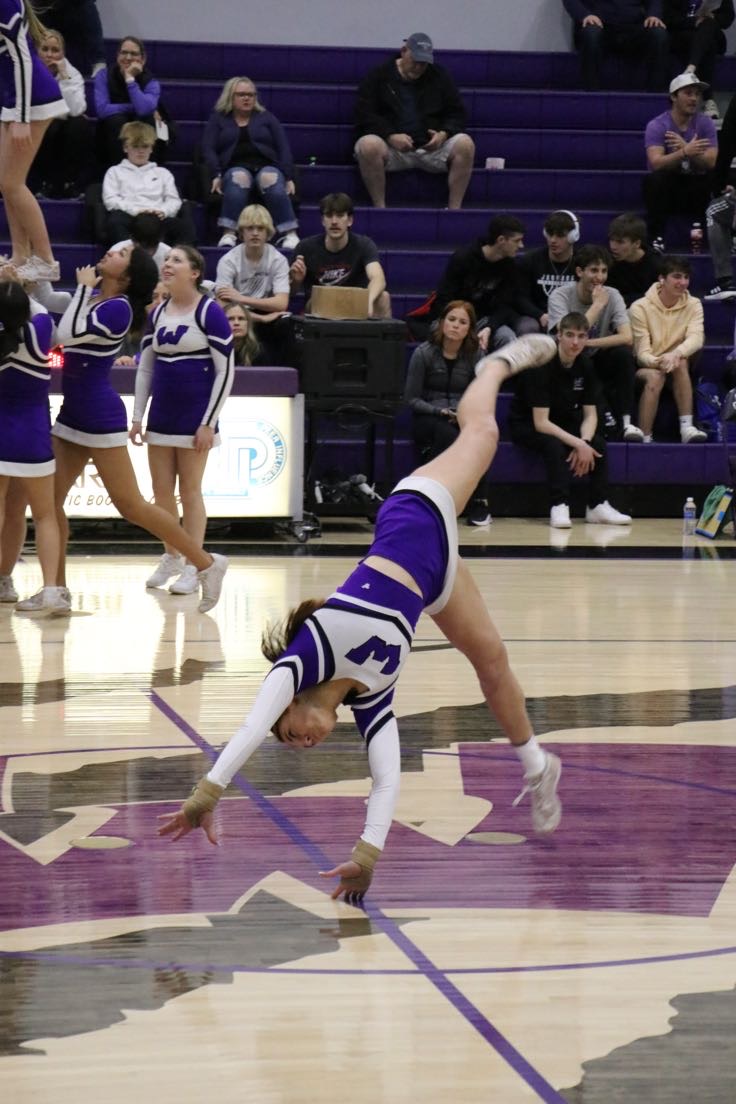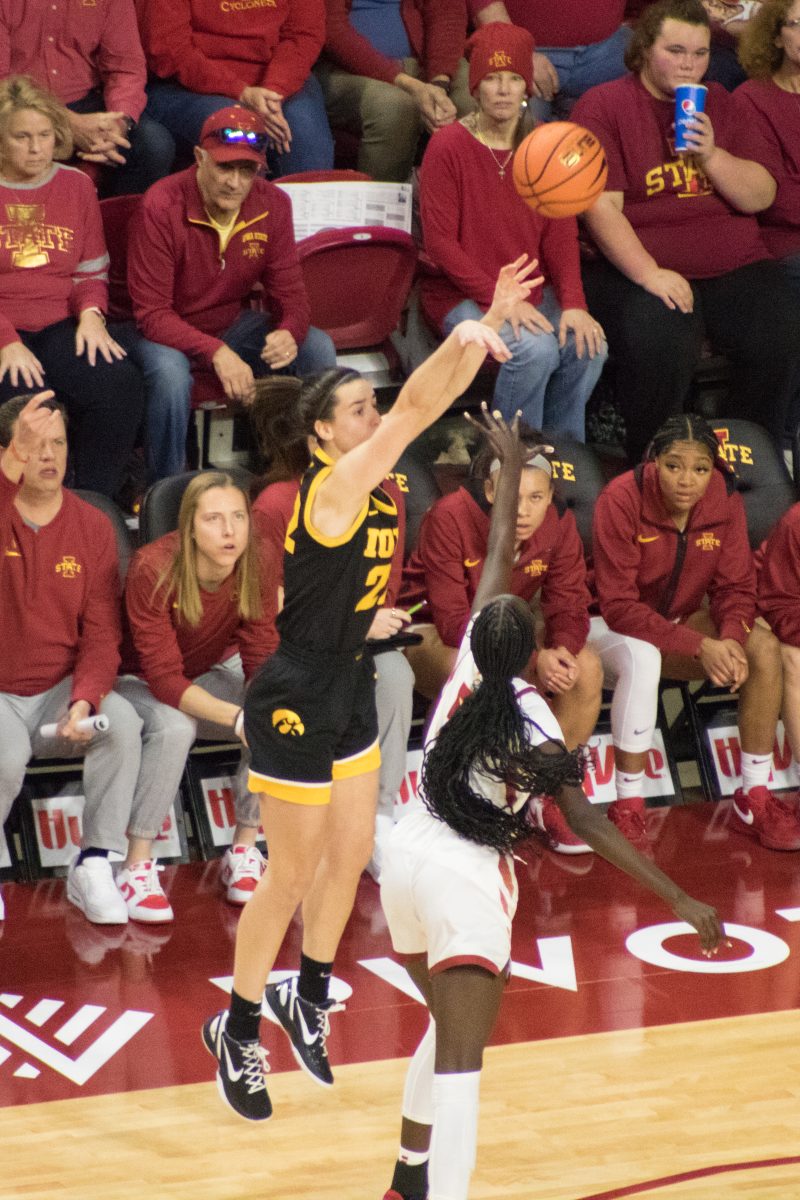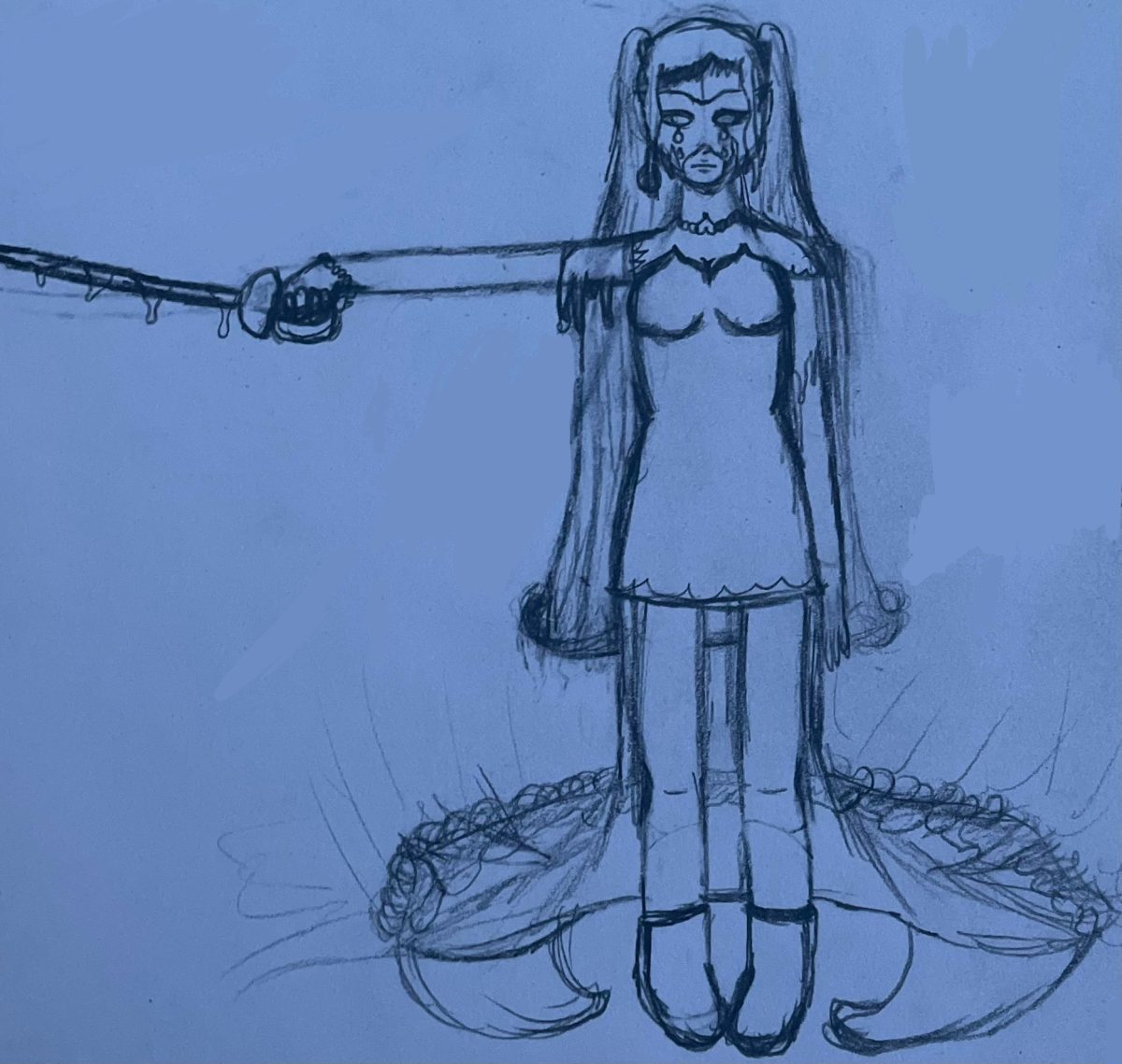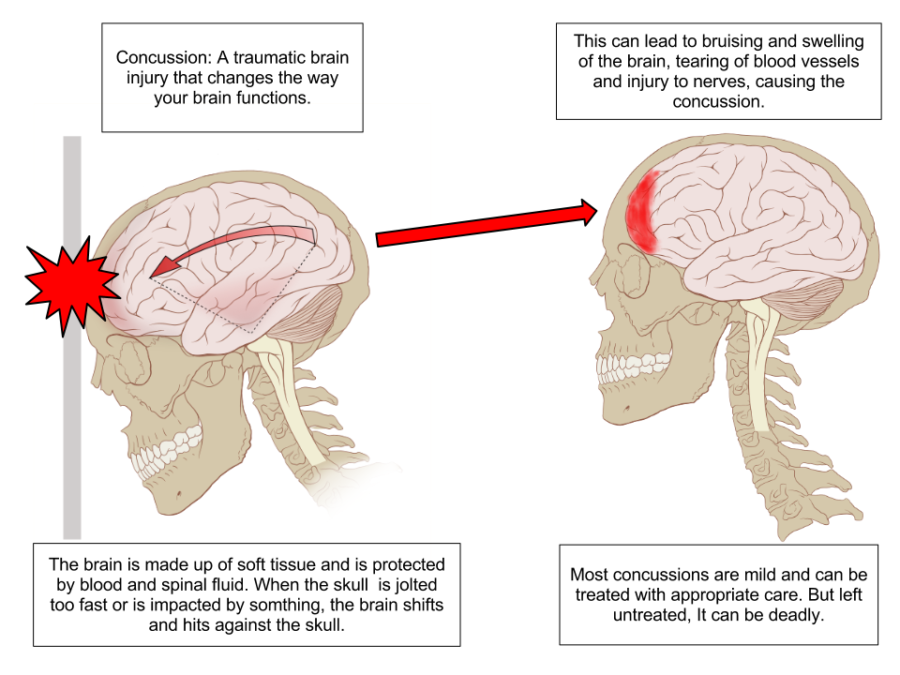Athlete Alert
Common signs of a concussion
A concussion is a traumatic brain injury that changes the way your brain functions, commons.wikimedia.org
A common injury for athletes is a concussion. Concussions represent 9.8% of all high school athlete injuries, according to ncbi.nlm.nih.gov. Symptoms vary from case to case, but there are many common signs which usually occur from a head injury, according to cdc.gov.
Headaches are the most common symptom when it comes to concussions. Most athletes get tension-type headaches or migraines. Bed rest without much physical or mental movement is required. Once the headaches are gone, the athlete can return to their sport. The headaches are usually resolved in 14 to 21 days, all according to my.clevelandclinic.org and mayoclinic.org.
Nausea or vomiting is a serious indication of a concussion. If someone is vomiting after receiving a severe hit, they should seek medical attention as soon as possible, according to cognitivefxusa.com.
Balance problems or dizziness are less severe symptoms as it typically resolves on its own. Similarly, double or blurry vision can last up to a few weeks, but will probably not need medical attention as it, too, can be resolved on its own, all according to health.mil.
The sensitivity of light or noise is a common occurrence in concussion cases. In over 40% of concussion cases, people are sensitive to light or noise. They can last for days, weeks or even months, according to optometrists.org and my.clevelandclinic.org.
Feeling sluggish, hazy or groggy is a prevalent sign of a concussion. However, it is nothing to worry about, as it can go away after resting on the bed, according to fraserhealth.ca.
Memory problems are severe symptoms when getting a concussion. Medical attention is needed because memory loss can stretch anywhere from minutes to months, according to aans.org and msktc.org.


















